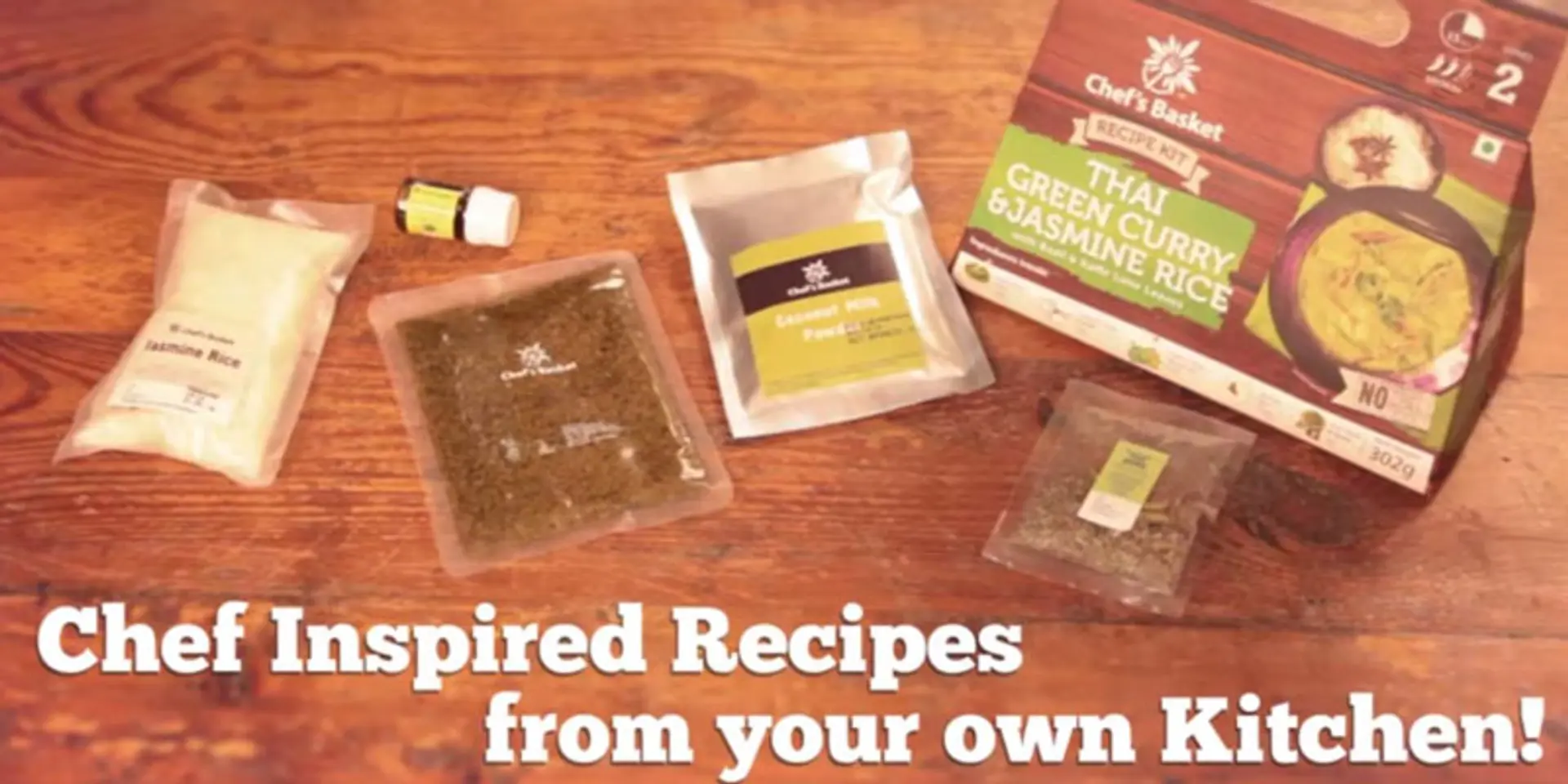With a revenue of Rs 6cr per year, Fizzy Food Labs is carving a niche in the gourmet food market and challenging the goliaths
There are two gourmet eras of our times: First, when chef Sanjeev Kapoor got women drooling over his magically simple ways of bringing 'five-star cuisine' home. Second, a gift from the west; our very own MasterChef show on national television. The thrill of looking at visually appetising dishes made by home-grown cooks with élan left the nation hungry for more. Result: everyone these days is a food critic or a wannabe Vikas Khanna.
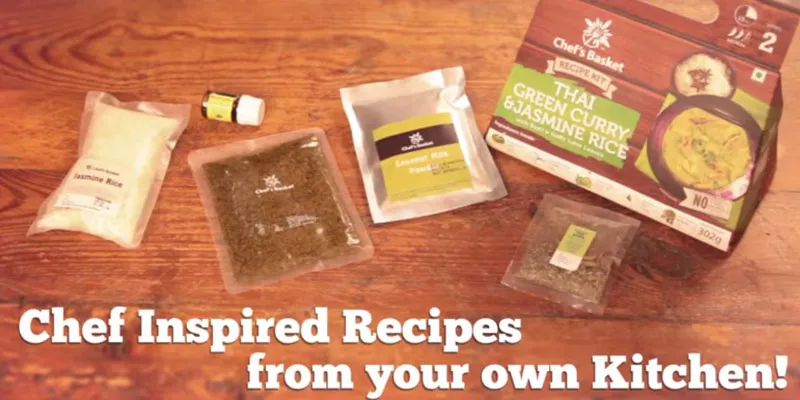
A company that tapped this wave at the right time was Fizzy Food Labs. Fizzy Food Labs has positioned itself as the convenience food company of choice. They offer their consumers gourmet world cuisine — ranging from Italian, Mexican, Lebanese, French, to Japanese. They have an extensive network of star chefs who help them create the food kits. “The gourmet food market in the country is estimated to be worth Rs 300 crore. There is so much to do and offer. We want to tap our customers at all stages of their adult life,” says Co-founder Nipun Katyal, who envisions his startup as the General Mills of India someday.
A year ago when we featured them, they were dreaming big dreams. And, today, when I revisit them, their dreams are becoming real. “We are now a 35-member team with presence in six cities. By the year end, we will be present across 14 cities in India. We have grown five-fold in the last one year,” says Nipun, whose company currently is clocking a revenue of Rs 50 lakh a month. With the expansion of the team, the co-founders have well-segregated roles: Nipun handles sales, Varun Jhawar looks after marketing, and Manish Tirthani manages operations. The IIT-B trio is gung-ho about 2015, as they plan to launch many products this year.
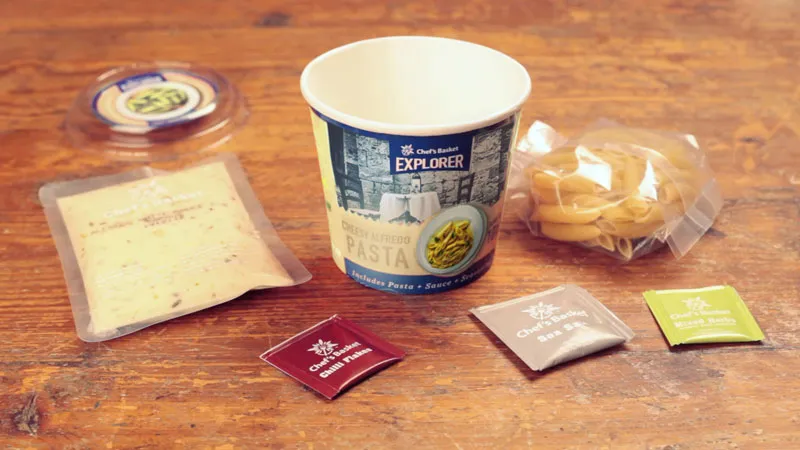
Apart from their existing Italian, Thai, and Mexican gourmet kits, they recently launched their Chef's Basket Explorer line aimed at singles and working professionals. It has already become their best selling product with a sale of 10,000 pieces in just two weeks after its launch on Amazon.
But the food business is not an amateur’s game. If you really care about your brand, you have to keep a constant check on your processes, quality, and above all, food safety. “We are a food company that keeps technology and innovation at the forefront. We use advanced retort and packaging technology to increase the shelf-life of our products without using preservatives,” says Manish, who keeps up with technology trends in the business by visiting suppliers in Germany and Italy. They also have a partnership with Microchem to ensure a high standard of quality checks.
Chef's Basket faced many challenges when they entered the world of FMCG: lack of investments, longer sales gestation periods, supply shortages, and even rejection of packet designs (traders found that the initial packaging occupied too much space on the shelves). The founding team took time for planning and trials, before they actually launched in the market. Says Nipun, “We took about a year to test our concept before the launch. It’s a lot of trial and error before you know what scheme or product works.”
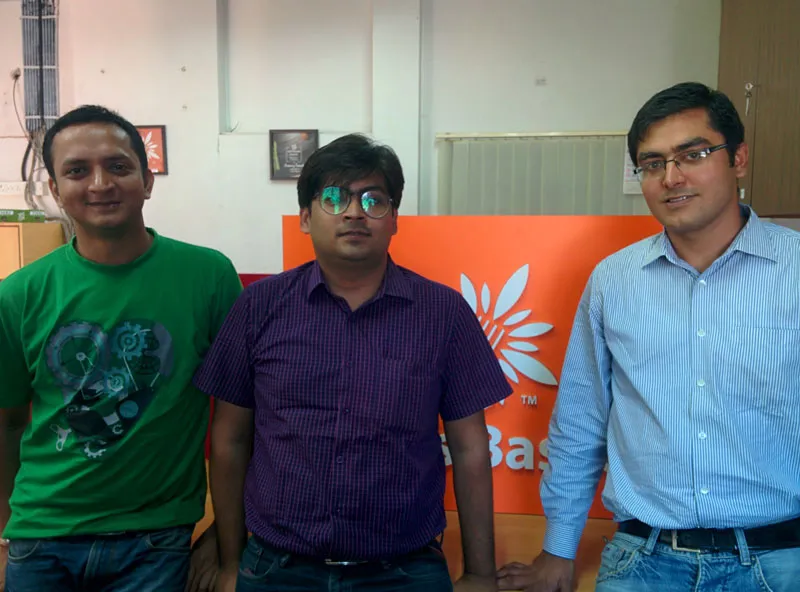
One interesting point to learn from Fizzy Food is the way they make use of customer feedback. They involve their consumers and industry experts (chefs and food bloggers etc.) at various levels to taste their products. They don’t leave these feedbacks to rest in peace on their computers. At one tasting session, they got the feedback that their products were high on spices. They immediately took note of it, and launched a milder version.
Fizzy Food is all set to increase their Series A funding, and will be launching 30 SKUs within the next eight months. They are also expanding their sales team and are on a lookout for a brand manager and a quality in-charge.
India’s ready-to-eat (RTE) food market is estimated to touch Rs 2,900 crore in 2015 and is projected to grow at a CAGR of around 22 percent during 2014-19. In this burgeoning market, a small startup not only has to fight the goliaths like Unilever, Godrej, and ITC, but also the rapidly mushrooming regional competitors. “The market is growing and the ecosystem for startups in food business is very conducive. If you have a good product you will definitely sail through. The industry admires your courage to come out and make a difference in spite of being short on resources,” says Nipun.
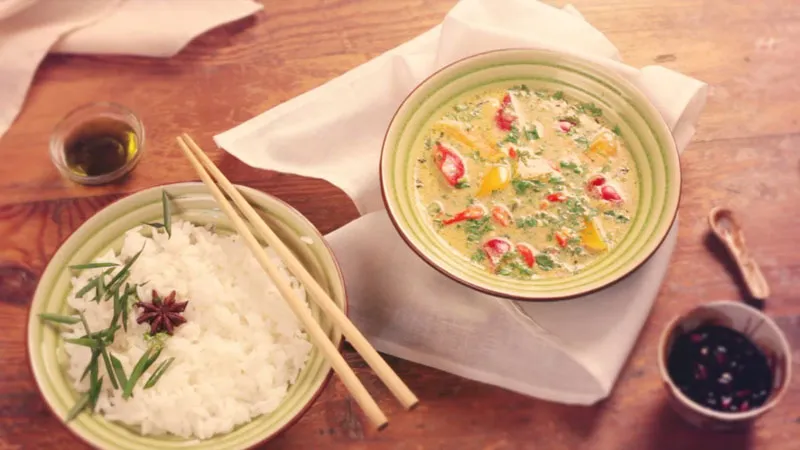
As a parting shot, Nipun offers a piece of advice to new businesses: “Keep your ears very close to customers. They are your biggest asset. Get compatible co-founders to work with and make sure that as a founder you always meet people, officials, or experts yourself.” The story of Fizzy Food Labs could serve as an inspiration to fledgling startups to not be afraid of carving their own niche in traditional industries, which have been usurped by giants for ages.


